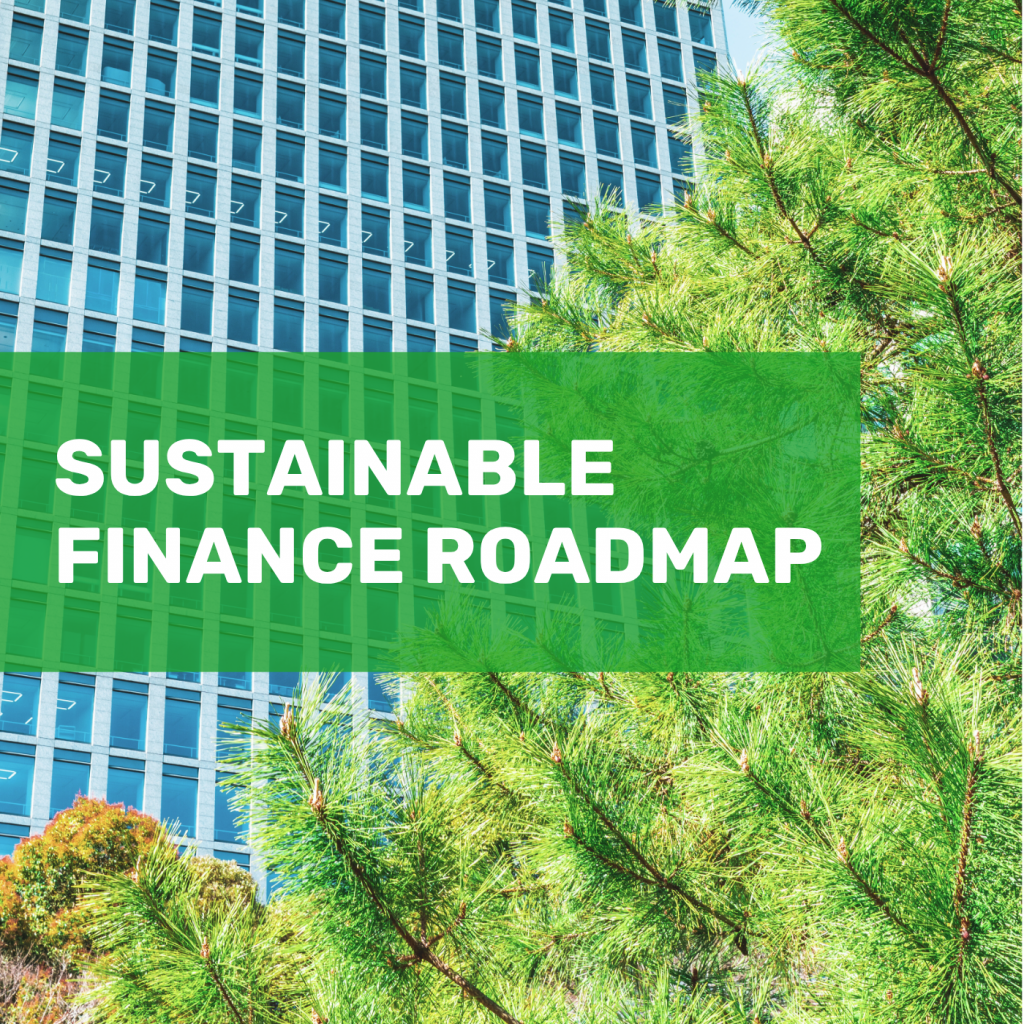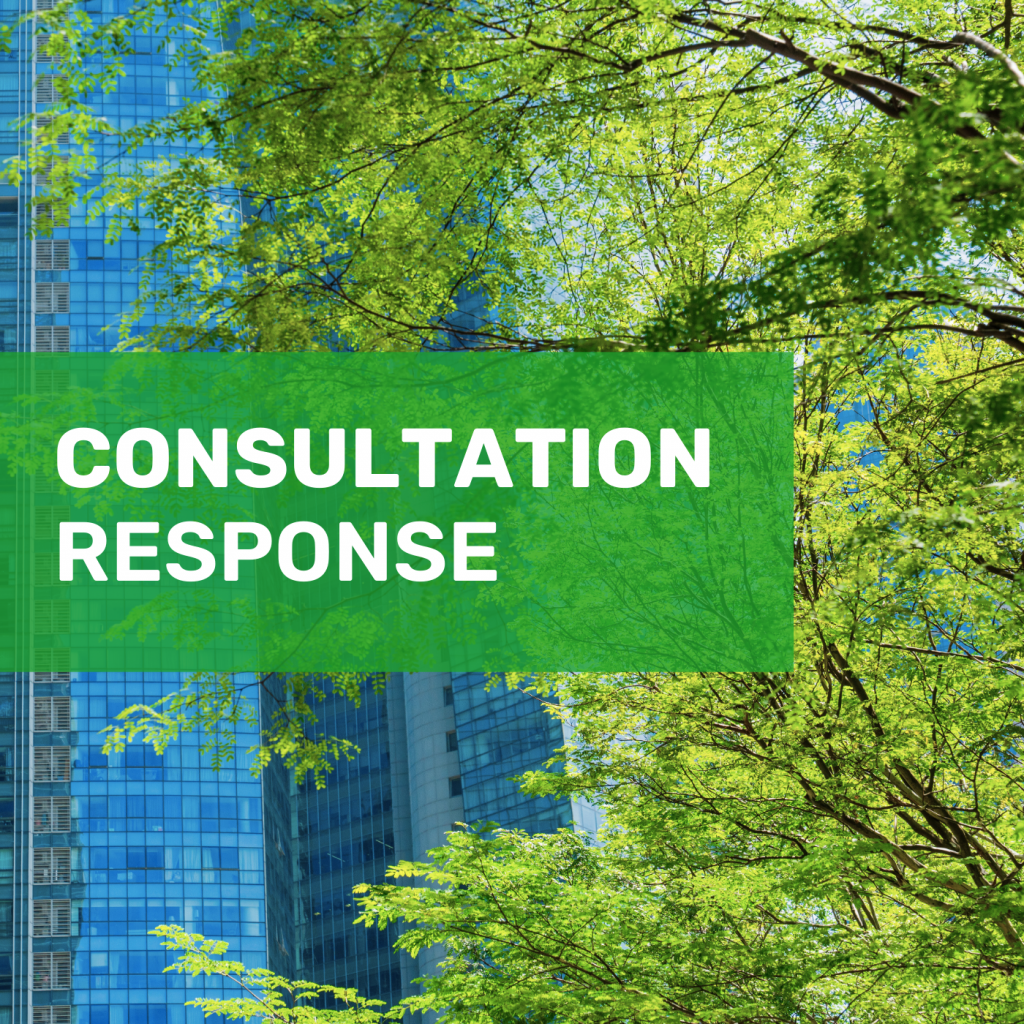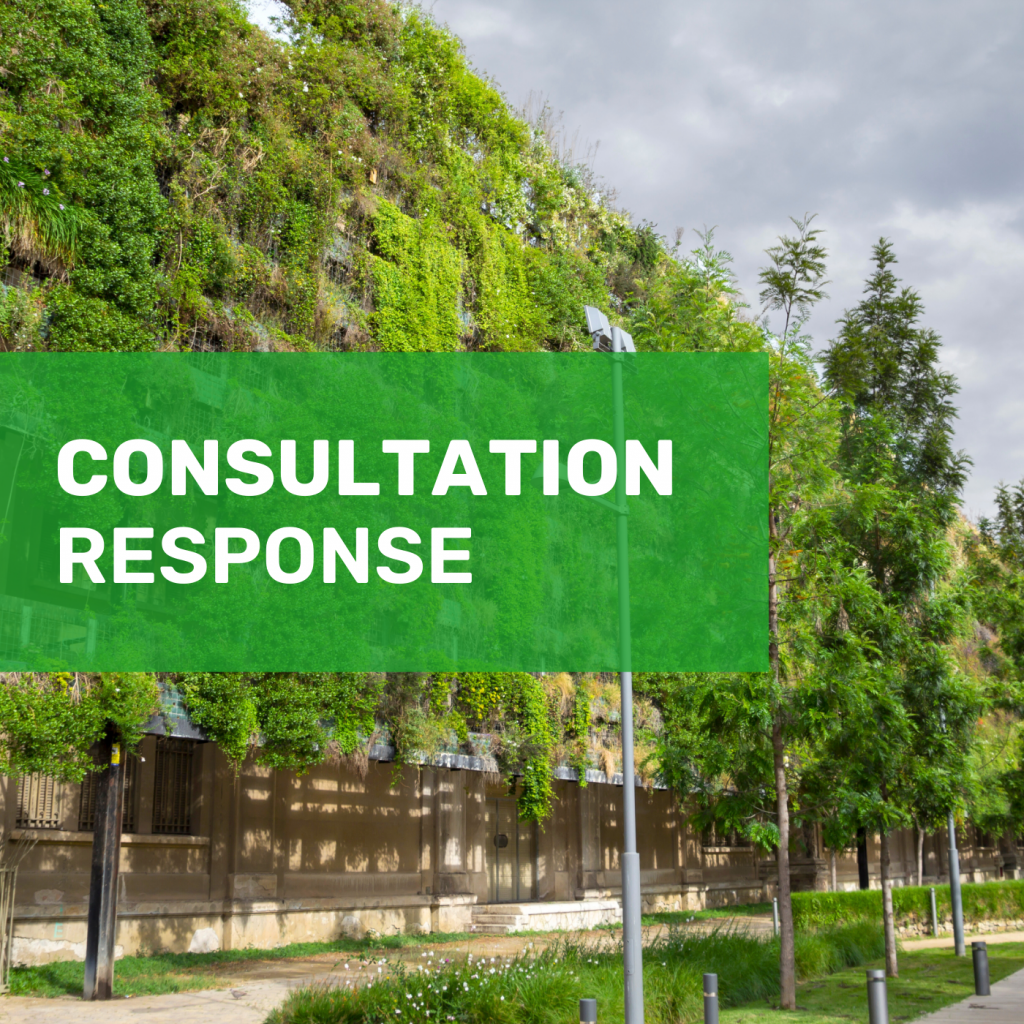Navigating the Green Transition: Latest Regulatory Developments in EU Sustainable Finance

Europe’s sustainable finance landscape is undergoing a period of significant change, driven by regulatory shifts aimed at building a more climate-resilient economy and aligning financial systems with environmental goals. This blog looks at three recent regulatory updates.
The European Commission Publishes a Delegated Act Amending the Taxonomy Disclosures, Climate and Environmental Delegated Acts

On 4 July 2025, the European Commission adopted a Delegated Act with measures to simplify the application of the EU Taxonomy by reducing the administrative burden for entities. The draft Delegated Act adopted by the Commission was published on 26 February 2025 for a four-week feedback period as part of the first Omnibus package.
ENGAGE for ESG Initiative Launches Expert Group to Advance Sustainable Finance Implementation

The ENGAGE for ESG initiative is proud to announce the creation of a high-level Expert Group dedicated to strengthening the practical implementation of the European Union’s sustainable finance regulatory framework.
ENGAGE White Paper on the Roadmap for EU Sustainable Finance Requirements

ENGAGE White Paper on the Roadmap for EU Sustainable Finance Requirements On 17 June 2025, ENGAGE for ESG published the White Paper on the Roadmap for EU Sustainable Finance Requirements, in which it provides with an update on the key EU regulations impacting sustainable finance disclosures and presents the benefits of the ENGAGE solutions when […]
EBA Consultation Paper on ITS on Disclosures on ESG risks, Equity Exposures, and the Aggregate Exposure to Shadow Banking Entities

On 22 May 2025 the European Banking Authority (EBA) launched a public consultation on proposed amendments to the European Commission’s Implementing Regulation on Pillar 3 disclosures under the CRR3. The consultation paper aims to enhance the transparency and consistency of disclosures, while simplifying the reporting process for institutions.
European Commission Update to the Sustainable Finance Roadmap

On 21 May 2025 the European Commission published an update of its sustainable finance roadmap on three fronts: corporate sustainability reporting, EU taxonomy of sustainable economic activities, and sustainability disclosures in the financial sector.
The Spanish Intellectual Property Register Recognises the Originality of the ENGAGE Templates

The Spanish Intellectual Property Register has approved the registration of the ENGAGE Templates, confirming their status as an original and protected intellectual creation.
ENGAGE for ESG Leads Dialogue on Sustainable Finance Sustainable Finance Reporting in Madrid

ENGAGE for ESG Leads Dialogue on Sustainable Finance Reporting in Madrid MADRID – 12 MAY 2025 ENGAGE for ESG, in collaboration with the Instituto de Crédito Oficial (ICO) and Banco de España, hosted an event in Madrid on 7 May focused on the challenges of ESG reporting in the European financial sector. The event gathered representatives from […]
ENGAGE Contributes to ESMA Consultation on the Revision of the Disclosure Framework for Private Securitisation

ENGAGE Contributes to ESMA’s Consultation on the Revision of the Disclosure Framework for Private Securitisation On 31 March 2025, ENGAGE for ESG contributed to the European Securities and Markets Authority’s (ESMA) Consultation on the Revision of the Disclosure Framework for Private Securitisation from its standpoint as a consortium of expert entities in the area of […]
ENGAGE Contributes to the EC Consultation on the EU Taxonomy Delegated Acts

ENGAGE Contributes to EC’s Call for Feedback on Draft Delegated act amending the Taxonomy Disclosures Delegated Act On 25 March 2025, ENGAGE for ESG contributed to the European Commission Call for Feedback on the Draft Delegated Act amending the Taxonomy Disclosures Delegated Act from its standpoint as a consortium of expert entities in the area […]
